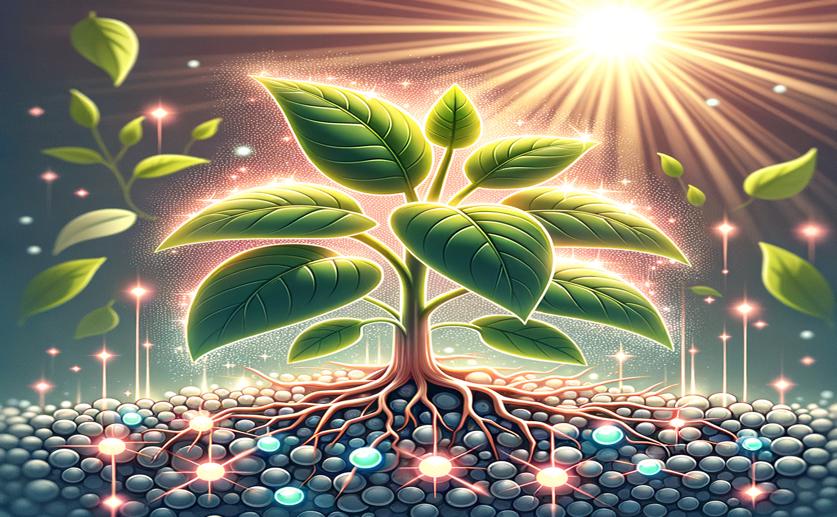
Boosting Plant Growth and Health Using Chitosan Nanopriming
Greg Howard
29th May, 2024

Image Source: Natural Science News, 2024
Key Findings
- Researchers from Alexandria University found that chitosan nanoparticles improved the germination and growth of Pancratium maritimum L. seeds
- Seeds treated with chitosan nanoparticles showed higher levels of alkaloids and antioxidant activity, enhancing their medicinal properties
- The study suggests that chitosan nanoparticles can help plants manage oxidative stress better, improving overall plant health and resilience
AgricultureBiotechPlant Science
References
Main Study
1) Application of chitosan nanopriming on plant growth and secondary metabolites of Pancratium maritimum L
Published 28th May, 2024
https://doi.org/10.1186/s12870-024-05148-8
Related Studies
2) Chitosan Effects on Plant Systems.
3) Antioxidant stress is promoted by nano-anatase in spinach chloroplasts under UV-B radiation.
4) Impact of bulk and nanosized titanium dioxide (TiO2) on wheat seed germination and seedling growth.



 17th May, 2024 | Greg Howard
17th May, 2024 | Greg Howard